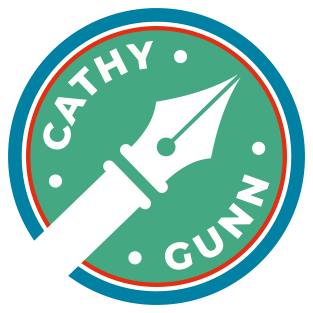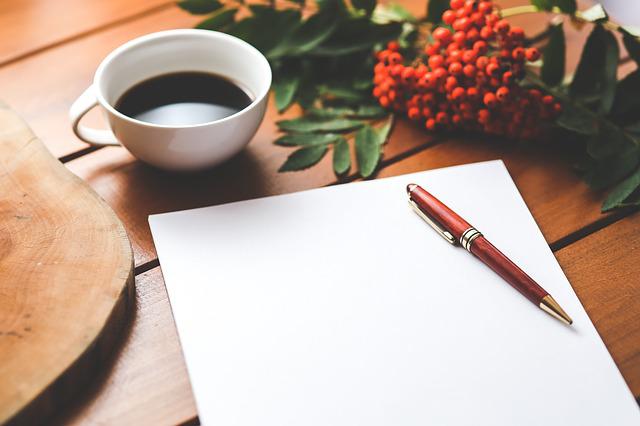Drinking Coffee…
Making a morning coffee for a family member getting over Covid, which struck at Easter, reminds me of how often drinking coffee with a group of friends has helped us all to process life’s various challenges, as well as delivering good cheer.
It’s probably not surprising that, infused with an ancient reputation as a magical bean, the effects of coffee also permeate aspects of my magical realist novel ‘Felix Unbound’, subtly (and sub-textually!) influencing some characters’ key decisions. We don’t need to know any of its history to feel coffee’s benefits but, being slightly-addicted to a spot of research as well as to a drop of caffeine, I enjoyed doing a little extra groundwork on this brew, for fun.
Every source I read, tells some version of the legend of Kaldi, an Ethiopian goatherd, as the chief ‘origin story’ of coffee-drinking. Blended, these tales show Kaldi sampling the bright berries after observing that whenever his goats eat any from these trees, they leap all over the place, sometimes bleating loudly, and even stay awake at night. Finding the berries’ effects on himself exhilarating too – and (some say) on his wife’s advice – he takes a few to the monks at the nearby monastery. They, unimpressed, throw his berries away onto on the fire but then, tempted back by the lovely aroma, rescue the roasting beans and quench them in a jug of water. The monks (or the abbot) soon discover that drinking the aromatic result enables them to stay awake and focussed in prayer; and the rest is – well, for Kaldi, folklore. Recorded history has to wait for the early 15th century CE for written reports, in Yemen, of coffee-drinking.
Another very early story claims that a mystic travelling in Ethiopia observed some unusually lively birds, saw them eating these berries and, curious, tried them himself. Later there’s also a tale of a priestly sheikh – and possibly doctor – called Omar who, banished into the desert, eats the hard bitter berries rather than starve. He tries roasting them to make them taste better, but that makes them too hard, so he boils the roasted beans to make them softer, which also produces a brown liquid – and he drinks that. It restores and sustains him for several days and once word of his miraculous, curative brew reaches his home town …of Mocha… also secures him a warm welcome back, a reputation as a saint, and his own place in coffee legend.
I love these tales; and reckon they reach much further back in time than we can ever know, to many moments of human observation of birds and animals affected by the enlivening properties of these berries, and consequent human experimentation with them: Tales that enter collective memory through storytelling to pass on the knowledge, and then percolate through the spoken word, perhaps for millennia, before bubbling over from legends told around a fire while roasting the beans, – and perhaps in chats with children as they help to pick the ripe red berries – into our inky written world.
Either way, the ancient powers of coffee quietly draw my modern-day, fictional characters towards some key decisions that will affect their lives more than they might imagine; and I’ll keep drinking – and sharing – the magic brew, too.

